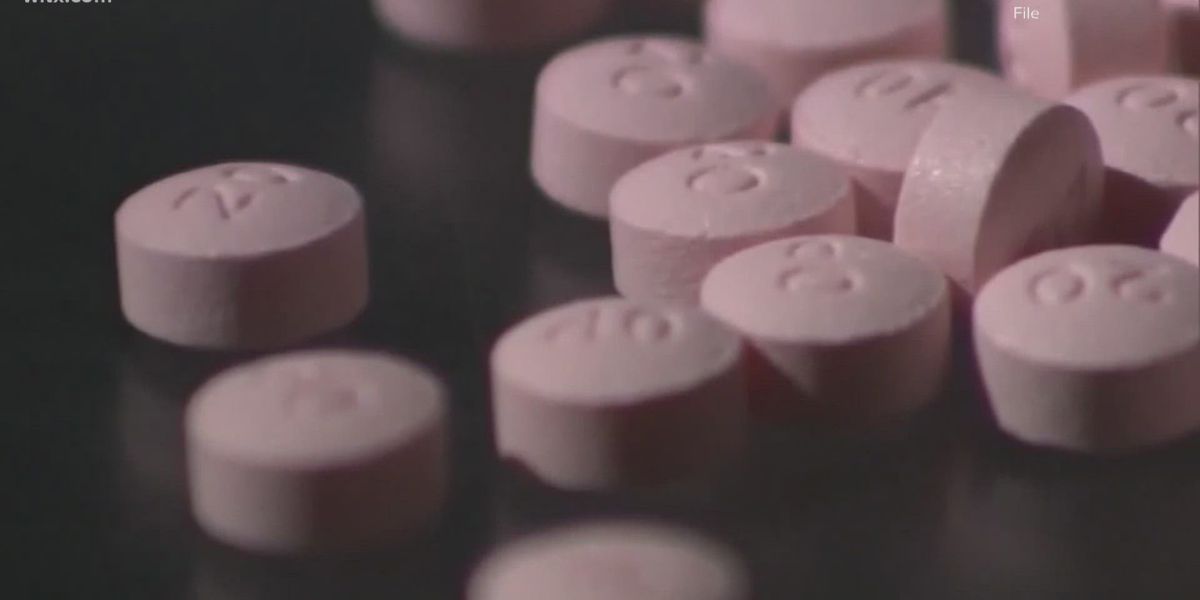COLUMBIA, S.C. — Attorney General Alan Wilson, alongside federal, state, and local law enforcement officials, announced significant progress Monday morning in a large-scale investigation targeting fentanyl trafficking across multiple counties in South Carolina.
Operation “Devil in Disguise” Leads to Over 100 Indictments
Dubbed Operation Devil in Disguise, the investigation has resulted in ten indictments spanning five counties—Anderson, Greenville, Pickens, Lexington, and Jasper. In total, more than 100 individuals face over 380 narcotics-related charges, highlighting the wide-reaching scope of this effort to combat drug trafficking and overdose deaths tied to fentanyl.
Attorney General Vows Continued Fight Against Drug Traffickers
Speaking at a 9 a.m. press conference on May 19, Attorney General Wilson emphasized the ongoing commitment of law enforcement agencies working across jurisdictions.
“These new State Grand Jury indictments are the result of the hard work of law enforcement, prosecutors, and staff from many jurisdictions,” Wilson said.
“We will continue to aggressively fight drug traffickers with every resource we have.”
He also pointed to a new legislative tool that will enhance prosecutorial power:
“Soon, we’ll have a new way to charge fentanyl traffickers if their drugs kill someone, thanks to the fentanyl-induced homicide bill recently passed by the legislature—a bill we’ve been advocating for three years.”
Significant Drug and Asset Seizures Made
Through months of coordinated efforts involving controlled purchases and seizures, law enforcement has recovered a substantial haul of illegal substances, including:
- Over 44 kilograms of cocaine
- About 4 kilograms of fentanyl
- Nearly 10 kilograms of methamphetamine
In addition to drugs, the operation also seized more than $1 million in cash suspected to be proceeds from narcotics sales. Authorities confiscated several firearms, including assault rifles, raising concerns about the dangerous nature of these trafficking networks.
Overdose Deaths Prompt Serious Murder Charges
The investigation has tragically recorded six fentanyl-related overdose deaths so far. Those deaths have led to some of the most serious charges possible, including:
- Murder
- Accessory before the fact to murder
- Conspiracy to commit murder
These charges reflect a growing legal approach to hold drug dealers accountable for the deadly consequences of fentanyl distribution.
Community Impact and Law Enforcement Cooperation
The fentanyl crisis has devastated communities across South Carolina, leading to loss, heartbreak, and a strain on public health resources. Operation Devil in Disguise demonstrates the power of collaboration between agencies—from local police departments to federal prosecutors—to disrupt dangerous drug rings and bring offenders to justice.
What’s Next in the Fight Against Fentanyl?
With indictments underway and prosecutions pending, Attorney General Wilson and his team remain focused on dismantling the networks fueling the opioid epidemic.
The recent passage of the fentanyl-induced homicide law marks a new chapter in prosecuting traffickers responsible for overdose deaths. Law enforcement officials are hopeful that this, combined with ongoing investigations, will save lives and reduce drug-related violence.
How the Public Can Help
Authorities encourage anyone with information about drug trafficking or overdose incidents to come forward. Tips can be reported anonymously and may be crucial in preventing further tragedies.
Closing Thoughts
The devastating toll of fentanyl abuse continues to challenge communities across the state. But through coordinated efforts like Operation Devil in Disguise and new legal tools, South Carolina is taking strong steps toward reclaiming safety and hope.
Attorney General Wilson’s message is clear: the fight isn’t over, and justice will be pursued relentlessly for victims of this deadly epidemic.
“This article was written by Mathew Owen. AI tools were used lightly for grammar and formatting, but the ideas, words, and edits are all mine.”


 by
by 

